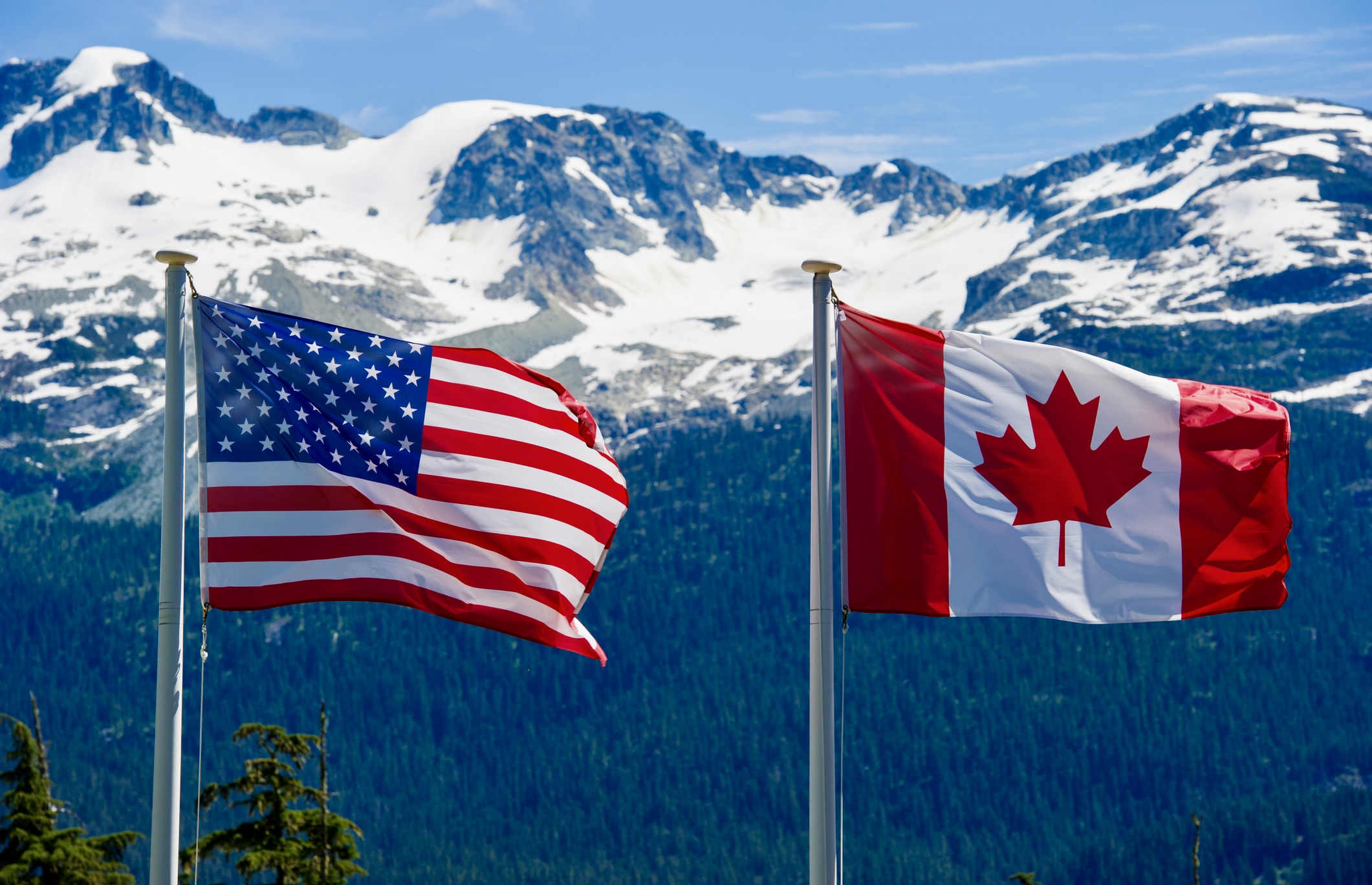U.S. Imposes New Tariffs as Trade Dispute with Canada Escalates
12.03.2025 9:00 1 min. read Kosta Gushterov
The U.S. is set to impose a 25% tariff on steel and aluminum imports from Canada and several other nations, with the policy taking effect at midnight on March 12.
While President Donald Trump had previously considered pushing the rate even higher to 50%, he ultimately decided against it, offering no exemptions to any trading partners.
According to White House spokesperson Kush Desai, the tariff is in line with prior executive orders and will be enforced without exception.
Earlier in the day, Trump’s announcement that he intended to double tariffs on Canadian metals sent shockwaves through the markets. His decision was reportedly a response to Ontario’s newly introduced 25% tax on electricity exports to the U.S. The heightened trade tensions fueled uncertainty in North American markets.
[reamdore id=”152812″]However, a shift occurred when Ontario Premier Doug Ford and U.S. Commerce Secretary Howard Lutnick confirmed that Ontario would put its electricity export tax on hold. The two officials plan to meet in Washington later in the week to discuss trade relations.
Ford later acknowledged that negotiations often reach a critical point where tempers flare, but he stressed that de-escalation was necessary. His remarks were followed by Trump hinting at the possibility of reconsidering the increased tariffs.
While this development may provide a temporary reprieve, the underlying tensions between the U.S. and Canada over trade remain unresolved.
-
1
U.S. PCE Inflation Rises for First Time Since February, Fed Rate Cut Likely Delayed
27.06.2025 18:00 1 min. read -
2
Key U.S. Economic Events to Watch Next Week
06.07.2025 19:00 2 min. read -
3
Gold Beats U.S. Stock Market Over 25 Years, Even With Dividends Included
13.07.2025 15:00 1 min. read -
4
U.S. Announces Sweeping New Tariffs on 30+ Countries
12.07.2025 16:30 2 min. read -
5
US Inflation Heats Up in June, Fueling Uncertainty Around Fed Cuts
15.07.2025 16:15 2 min. read
US Inflation Heats Up in June, Fueling Uncertainty Around Fed Cuts
U.S. inflation accelerated in June, dealing a potential setback to expectations of imminent Federal Reserve rate cuts.
Gold Beats U.S. Stock Market Over 25 Years, Even With Dividends Included
In a surprising long-term performance shift, gold has officially outpaced the U.S. stock market over the past 25 years—dividends included.
U.S. Announces Sweeping New Tariffs on 30+ Countries
The United States has rolled out a broad set of new import tariffs this week, targeting over 30 countries and economic blocs in a sharp escalation of its trade protection measures, according to list from WatcherGuru.
Key U.S. Economic Events to Watch Next Week
After a week of record-setting gains in U.S. markets, investors are shifting focus to a quieter yet crucial stretch of macroeconomic developments.
-
1
U.S. PCE Inflation Rises for First Time Since February, Fed Rate Cut Likely Delayed
27.06.2025 18:00 1 min. read -
2
Key U.S. Economic Events to Watch Next Week
06.07.2025 19:00 2 min. read -
3
Gold Beats U.S. Stock Market Over 25 Years, Even With Dividends Included
13.07.2025 15:00 1 min. read -
4
U.S. Announces Sweeping New Tariffs on 30+ Countries
12.07.2025 16:30 2 min. read -
5
US Inflation Heats Up in June, Fueling Uncertainty Around Fed Cuts
15.07.2025 16:15 2 min. read

